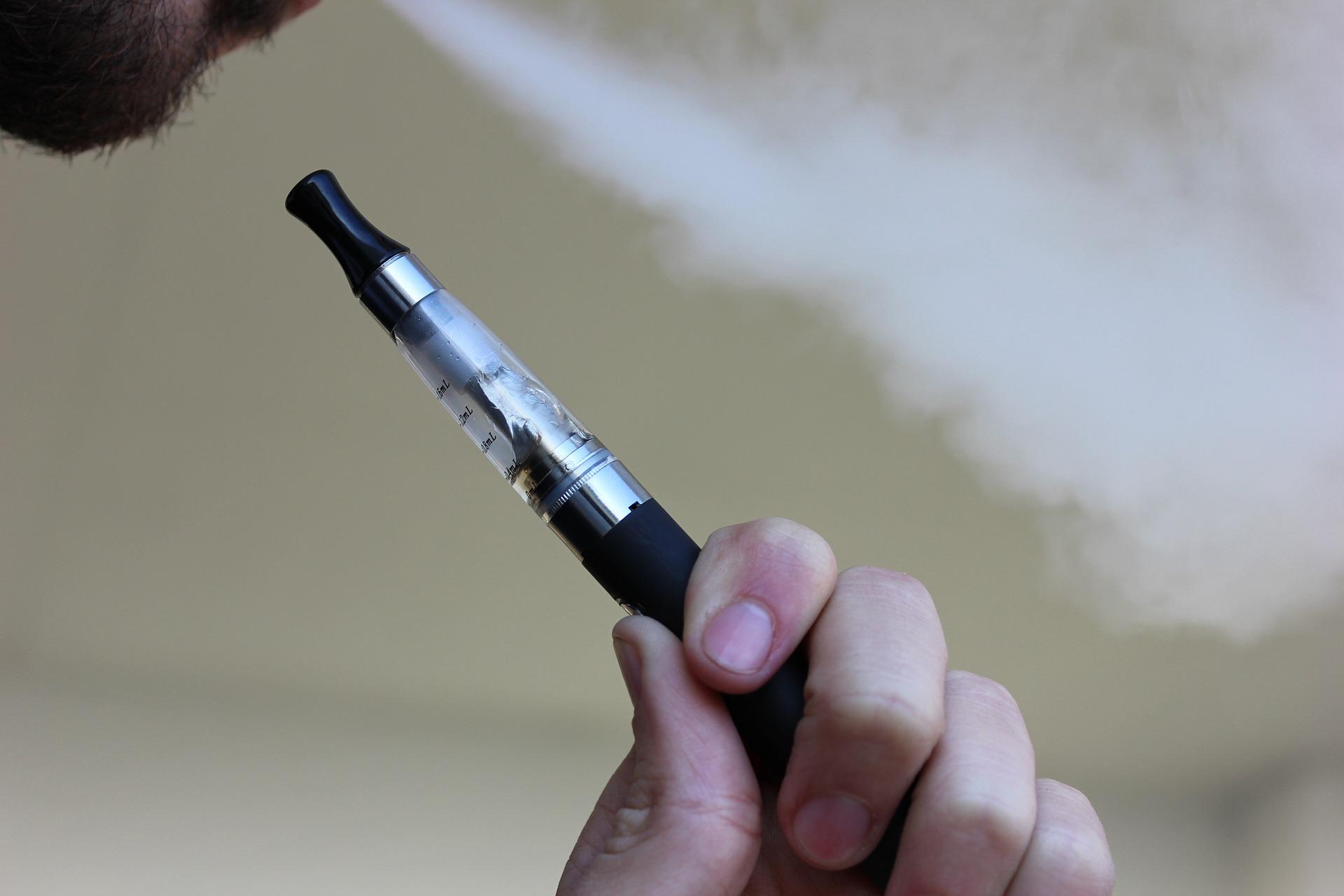News release
From:
Call to reconsider nicotine vaping regulations in Australia
Selling nicotine vaping products in licenced shops with a strict age verification process will restrict youth access and help adult smokers quit, a University of Queensland drug expert has recommended.
Emeritus Professor Wayne Hall from UQ’s National Centre for Youth Substance Use Research said current nicotine vaping regulations are ineffective, a view acknowledged by the Therapeutic Goods Administration.
“In Australia, nicotine vaping products can only legally be prescribed by a doctor and sold in pharmacies to adults who want to quit smoking,” Emeritus Professor Hall said.
“Instead, we have seen the development of a thriving black market which sells unregulated vape products to children and adults, with very few adult vapers using the legal prescription pathway.”
Emeritus Professor Hall recommends the industry adopts an age-restricted consumer model.
“The black market would become less profitable and illicit sales would diminish over time, being largely replaced by a legal, regulated market.”
The National Drug Strategy Household Survey 2019 found vaping is the most popular aid for quitting and reducing smoking in Australia, and research has found it to be more effective than nicotine replacement therapy.
“It is uncommon for people to take up vaping if they have never smoked before,” Emeritus Professor Hall said.
“Rather than it being a gateway product, evidence suggests nicotine vapes divert young people from smoking.”
Professor Hall said policymakers need to find a balance between providing adult smokers with easy access to nicotine vaping products and restricting access to youth.
“The main objective is to reduce smoking-related death and disease,” Professor Hall said.
“Neither vaping nor nicotine replacement therapy are risk-free, but vaping is a substantially less harmful alternative for adult smokers.
“Policymakers need to consider the harmful, unintended consequences of excessive regulation.”
The full commentary is published in Drug and Alcohol Review in collaboration with Dr Colin Mendelsohn from General Practice Sydney and Dr Alex Wodak Emeritus Director at Alcohol and Drug Services at St Vincent’s’ Hospital.



 Australia; NSW; QLD
Australia; NSW; QLD



